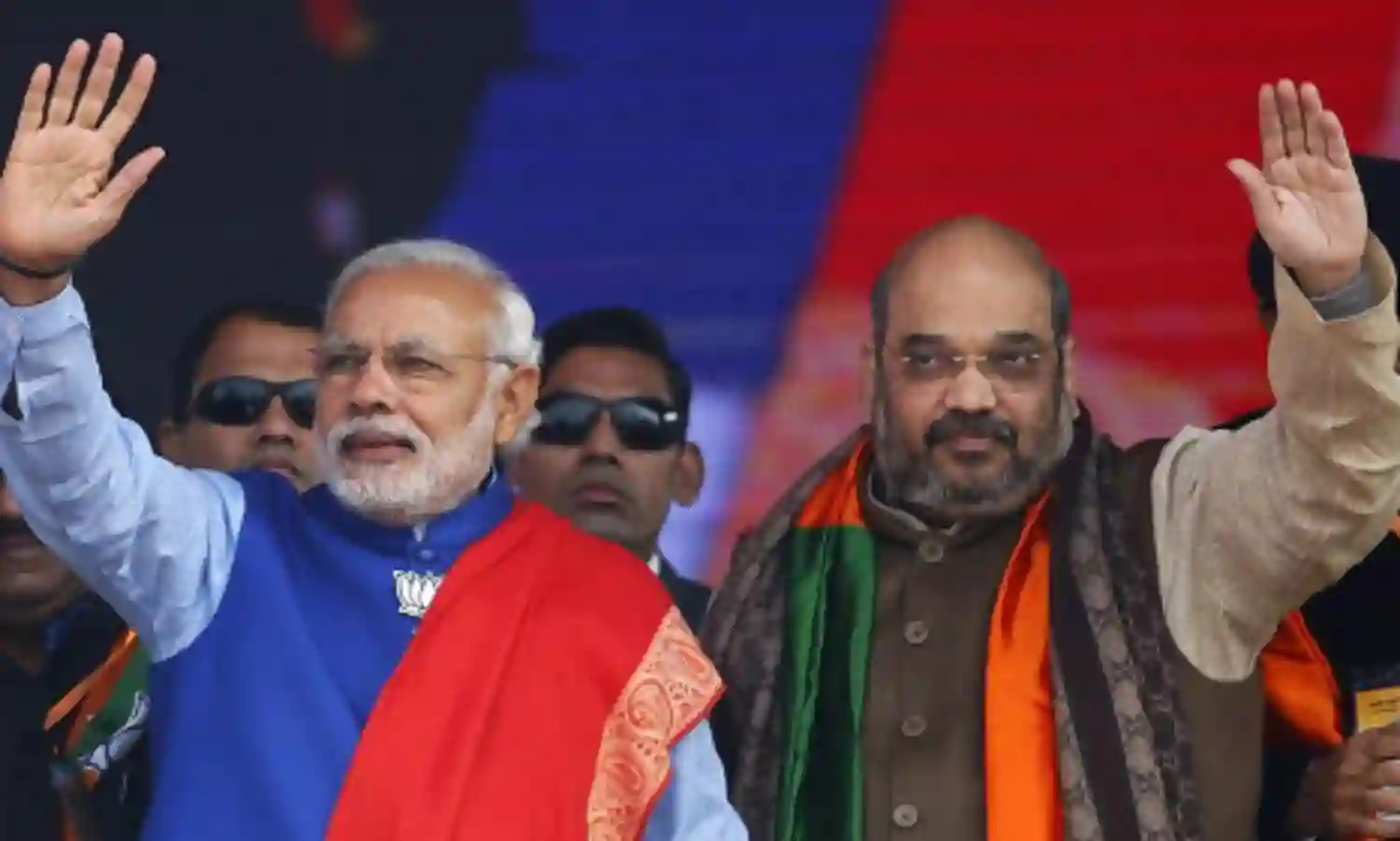A Victory, And Yet a Defeat: 5 Reasons Why the BJP Slumped in Gujarat
What went wrong? BJP whispers carry the answers

NEW DELHI: The Bharatiya Janata Party might be fielding spokespersons to project the Gujarat results as a victory, but inside all leaders know that the tally could not even equal the 115 (later 120) seats they had secured in 2012 despite all plugs being pulled. And this, within three years of winning all the 26 Lok Sabha seats from the home state of Prime Minister Narendra Modi and BJP president Amit Shah.
With seats reduced to 99, the question that will preoccupy BJP leaders, if not officially given the iron control on the party, will be what went wrong? Five reasons are already being shared quietly by individual BJP politicians for the victory that is clearly not a victory:
1. Hardik Patel’s appeal to the Patidars, and widespread anger over the reservation/unemployment issue. This had an impact on several seats, although figures currently vary but this was a core BJP vote that was divided in these elections. RSS sources said that in the organisations assessment the Patidars have damaged at least 12 seats for the BJP. And that the other caste leaders like Jignesh Mevani and Alpesh Thakor had upset the calculations as well.
2. GST and demonetisation, both measures impacting on different sections of Gujarati society. The traders, businessmen and others were impacted and made their anger felt through huge protests in different parts of Gujarat earlier. The BJP could not project the two main economic cards of PM Modi as a positive in this campaign and hence had no issues, except communalisation at the end.
3. RSS and its front organisations stayed away from the campaign. No instructions were issued to the Vishwa Hindu Parishad, as reported earlier by The Citizen, to fan out in support of the BJP candidates. RSS Chief Mohan Bhagwat maintained a conspicuous silence through the polls, even though it was apparent that the BJP was fighting what could become a turning point in the party’s fortunes.
4. Modi-Shah turned the Assembly polls into a national election, dominating the campaign. The local flavour was thus, totally missing from the BJP campaign with the PM dropping the economic issues for what was seen as the “old” Pakistan/Muslim card. The two national leaders have not allowed a local leadership of any consequence to emerge in Gujarat, leaving it to a lustreless Vijay Rupani. The CM was unable to move the party or the voters, finding it difficult to win his own seat in the final analysis.
5. Arrogance of the state government was a major factor. Even those who were supportive of PM Modi insisted that they would be voting against the BJP for these elections to teach the party a lesson. Many spoken to by The Citizen team said that they could vote for the Prime Minister in 2019, but this time would vote against the BJP to make it more accessible to the people.
This campaign also saw prominent BJP leaders and intellectuals taking a position against the party openly. Ideologue and journalist Arun Shourie, BJP leaders Shatrughan Sinha and Yashwant Sinha, gave interviews and tweeted against the party line in the polls. PM Modi and Shah have been dismissive of the dissidence, vocal or silent, making their own way



